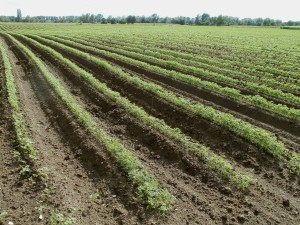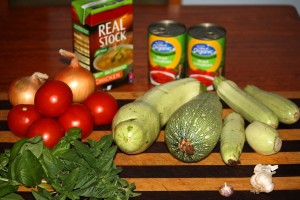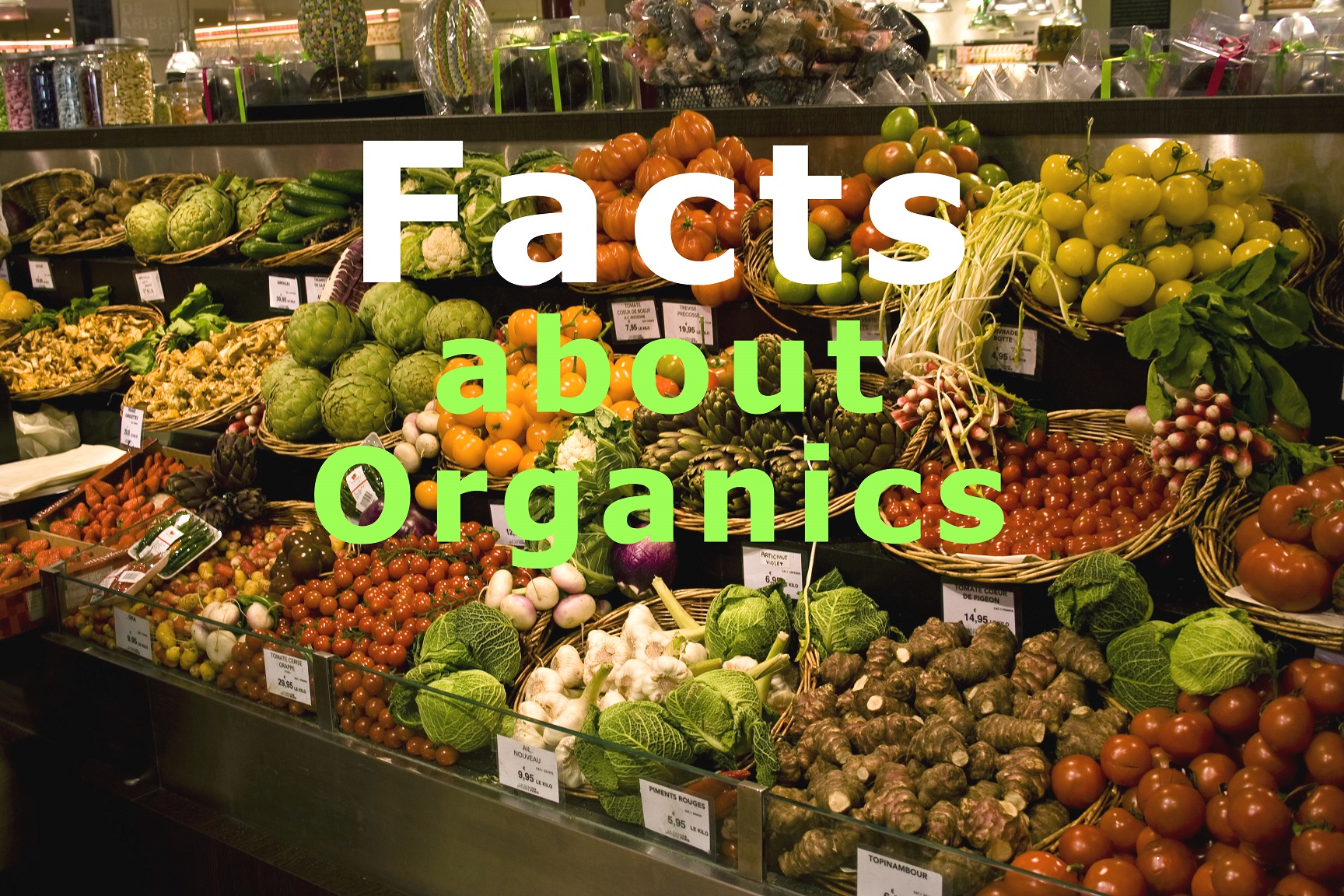Do you like grocery shopping? Before you go and buy your groceries, find out from today’s food experts about how to make smart food choices.
Once upon a time all food was organic. Then the synthetic fertilizers, chemical pesticides, antibiotics, hormones and GMOs started being used to increase profits in agriculture. Controversies started to grow around the world and green movement was started. With the green movement came the rise of green businesses. People become more and more concerned about the long term and short term effects of inorganic materials being introduced in the food systems.
 And then, there was another time when organic food was sold only in the health food stores. They were labeled “organic” and people paid extra to buy environmentally friendly, natural food. Today organic food is undeniably mainstream; every grocery store, including the giants like Wal-Mart, carry organic foods.
And then, there was another time when organic food was sold only in the health food stores. They were labeled “organic” and people paid extra to buy environmentally friendly, natural food. Today organic food is undeniably mainstream; every grocery store, including the giants like Wal-Mart, carry organic foods.
We are often confused by different choices that we have when buying food. We see labels like organic, free-range, natural, sustainable, permaculture and so on. Some foods are locally grown and some are imported. There are also issues with preservatives and processed food.
And then you have Genetically Modified foods. Although they are not required by law to contain a label, and scientists do claim that they are safe, there seem to be endless controversies surrounding Genetically Modified foods. (WASHINGTON — Mandatory GMO food labeling by states would be banned under proposed bill | USA TODAY).
Facts about organic food
When you buy food, I am sure you have often wondered what to buy. Should you buy organic? But organic food is expensive, right? Some of us might not have enough money to go completely organic. Let’s consider the facts and see if it is really worth going organic.
Organic foods are regulated by the U.S. Department of Agriculture (USDA). All food bearing this seal are required to be grown, harvested, and processed according to national standards that include restrictions on types, amounts, and residues of pesticides, hormones, and antibiotics. (Organic Production and Organic Food: Information Access Tools)
Should you go completely organic?
 We are often faced with this questions – is going organic worth the extra money? When you buy food labeled “organic” you are assured by the government that you are getting high quality foods without any harmful residue from chemical fertilizers and toxic pesticides.
We are often faced with this questions – is going organic worth the extra money? When you buy food labeled “organic” you are assured by the government that you are getting high quality foods without any harmful residue from chemical fertilizers and toxic pesticides.
However, American Dietetic Association spokeswoman Keecha Harris, DrPH, says, “There is no evidence that organic foods are superior over traditional foods. Food does not have to be organic to be safe and environmentally friendly ” – Organic Food – Is ‘Natural’ Worth the Extra Cost? | WebMD
On the flip side, New York University professor Marion Nestle, PhD, MPH recommends that “If you can afford them, buy them. It really is a personal choice but how can anyone think substances, such as pesticides, capable of killing insects, can be good for you?”
Even if you buy organic, you could still contribute to some of the carbon footprints that come from transportation, packaging, storing, marketing and distribution of food. To buy food safely and without any environmental damage, you would probably safely buy food from a local farm that uses all natural ingredients, and sustainable methods of farming, or even better, grow your own food.
To learn more please watch the replay of the huddle webinar with our local farmer, and Market Farm partner, Ben Pfeffer below.
Replay of the NTP/C.E.E.D. Bi-weekly Huddle with Ben Pfeffer
Ben Pfeffer, the owner of Raisin’ Roots Farm, a graduate from Towson University with a degree in agriculture , talks about the exciting things happening at Raisin’ Roots and Mountain Sky Ranch.
Want to start your own organic farm with aquaponic systems? We can show you how. Grow multiple crops in an Aquaponic Tower Gardens that are attractive enough for your living room or anywhere indoors. To purchase; visit our Aquaponic Tower Garden website. To learn more, please contact us at 303-495-3705 or Click here to book a meeting with us.
We’d love to hear from you, so please leave your questions or comments in the comment box below or visit our Facebook Page .
Source: Nourish the Planet
Related articles and resources:
- Aquaponic Tower Garden
- Permaculture – Tips on Sustainable Organic Gardening | Institute of Ecolonomics
- Sustainable Home Based Business -10 Green Business Ideas | Nourish The Planet
- 6 Sustainable Urban Agriculture Ideas Around the Globe | Nourish The Planet
- Agriculture Ideas Around the Globe | Nourish The Planet
- Mandatory GMO food labeling by states would be banned under proposed bill | USA TODAY
- Organic Food – Is ‘Natural’ Worth the Extra Cost?
- 10 Organic Foods That Aren’t Worth Buying | Real Simple
- Organic Production and Organic Food: Information Access Tools
- 5 Reasons Why You Should Grow Your Own Food | Nourish The Planet
- Organic Production and Organic Food: Information Access Tools



